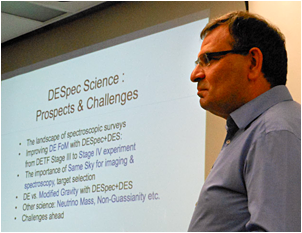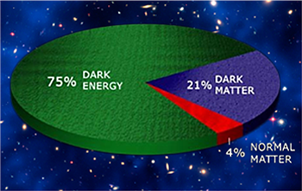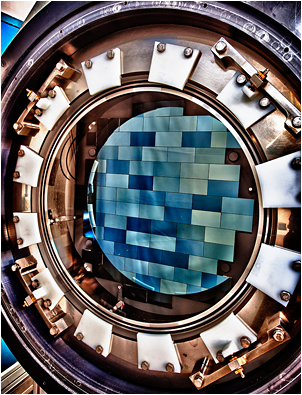
Status of DESpec


While these upper level discussions progress, DESpec scientists are working on the next steps for the DES upgrade: to further develop the science goals, to refine the survey strategy so that it meets the science goals, and to ensure that the DESpec instrument can perform the survey. In doing so, we will put together the team that can successfully carry out this important project.
DESpec collaborators currently include scientists and engineers in the US, the UK, Spain, and Australia. Some have already received monetary resources to work on the problem. We welcome new collaborators and ideas to further the scientific goals of the project.
Organizing Committee
| Darren DePoy Texas A&M University | H. Thomas Diehl Fermilab | Brenna Flaugher Fermilab |
| Joshua Frieman University of Chicago/KICP | Michael Gladders University of Chicago/KICP | Craig Hogan U. Chicago/Fermilab |
| Stephen Kent Fermilab | Richard Kron University of Chicago/KICP | Ofer Lahav University College London |
| Jennifer Marshall Texas A&M University |
OnLine Materials
- Photo Gallery
- Workshop Materials (List of Participants, Program, Talk Abstracts) [PDF]
- List of Participant [PDF]
- Program [PDF]
- Talks [PDF]

